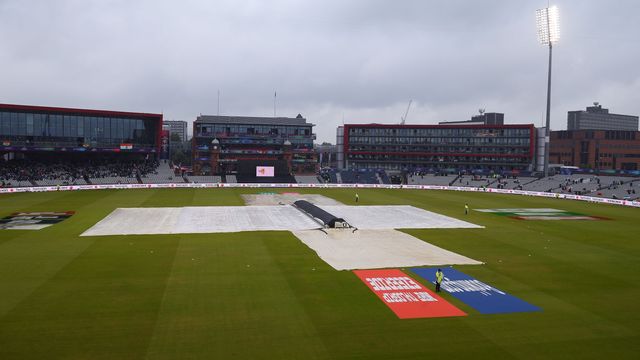
Cricket, often referred to as the “gentleman’s game,” is known for its unpredictability, with weather conditions being one of the factors that can significantly impact a match’s outcome. To address this uncertainty, cricket introduced the concept of a Reserve Day, ensuring that a match can reach its natural conclusion, even if rain or other adverse weather conditions disrupt the proceedings.
Understanding Reserve Day Dynamics:
A Reserve Day is an additional day allocated to a limited-overs cricket match, primarily used in ICC events like the ICC Cricket World Cup. The purpose of this provision is to compensate for any lost playing time due to unfavourable weather conditions on the originally scheduled match day.
While Test matches can extend over five days to accommodate disruptions, limited-overs formats like One Day Internationals (ODIs) and T20 Internationals are time-bound, making Reserve Days crucial to their completion.
Why Reserve Days are Essential:
1. Weather Uncertainty: Cricket is heavily influenced by weather conditions. Sudden rain showers or adverse weather can halt the game, leaving fans and players frustrated. A Reserve Day provides a safety net to ensure that the match reaches its conclusion.
2. Fair Competition: In the knockout stages of major tournaments like the ICC World Cup, it’s imperative to have a winner. A Reserve Day allows both teams to have a fair chance to compete, rather than being decided by the Duckworth-Lewis-Stern (DLS) method, which is used to calculate revised targets in rain-affected matches.
3. Audience Engagement: Cricket is a sport followed passionately by millions of fans worldwide. They eagerly anticipate matches and don’t want them to be curtailed by weather. Reserve Days ensure that the excitement and engagement of fans are maintained.
How Reserve Days Work:
Reserve Days are scheduled in advance for specific matches during ICC events. If a match is disrupted by weather or other unforeseen circumstances on the original match day, it is continued on the Reserve Day from where it left off. This means that both teams have the opportunity to complete their innings or chase a target, ensuring a fair outcome.
Challenges and Criticisms of Reserve Day
While Reserve Days are essential to mitigate the impact of weather disruptions, they are not without challenges. Critics argue that scheduling Reserve Days for all matches can make tournaments longer and more logistically complicated. Additionally, cricket boards and organizers must manage various logistical issues, including ground availability, player schedules, and broadcast commitments when implementing Reserve Days.
Reserve Days in cricket are a vital contingency plan to counter the unpredictability of weather, ensuring that matches in major tournaments can conclude without undue influence from rain or adverse conditions. They provide fairness, maintain fan engagement, and contribute to the integrity of the game. While there are logistical challenges, the concept of Reserve Days remains essential for the smooth conduct of cricket tournaments, assuring that the outcome of a match is determined by the players on the field rather than the whims of the weather.
Get the latest cricket news here, like us on Facebook, and follow us on Twitter and Instagram for more such updates






